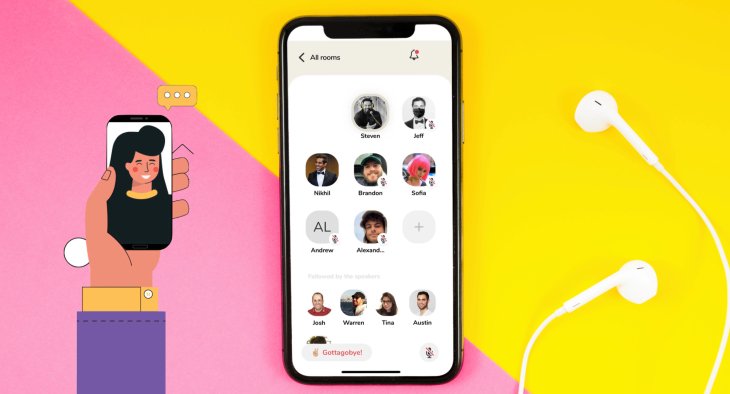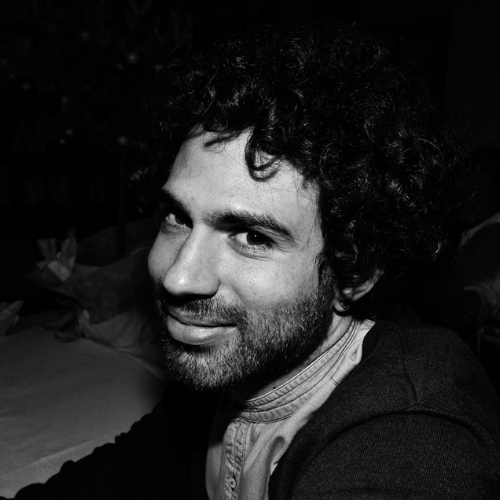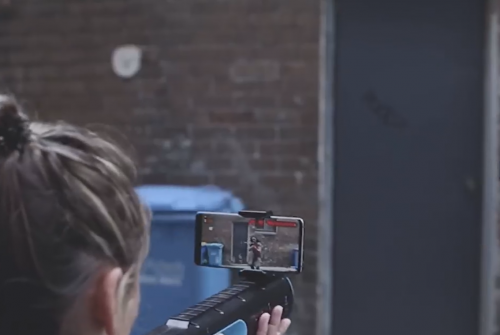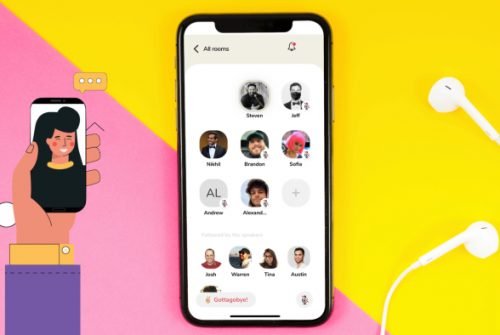What is Clubhouse: the new social media based on voice
22 January 2021 | Written by Thomas Ducato
Photos, videos, written posts and chats have monopolized the social landscape in recent years: but a new platform, already considered a "phenomenon" to keep an eye on, is trying to reverse the trend

Make way for words. Those said, verbally, without the need for visual support. After years of written texts, perhaps in a few characters, photos, graphics and videos, social networks rediscover the oral dimension. The same as radio, which for over a century has entertained and informed millions of listeners around the world, and podcasts, which seem to have finally reached a degree of maturity that can transform them from a niche medium to a mass instrument.
The Clubhouse app, a voice-based social network developed by Silicon Valley entrepreneur Paul Davison and former Google engineer Rohan Seth, is making headlines, which despite being born less than a year and is still in beta (available for iOS devices only) has already been valued at $ 100 million and has around 600,000 users including well-known faces of the US showbiz.
How does it work. If the 4-minute voice chats on Whatsapp are rightfully one of your worst nightmares, you can rest assured: those on Clubhouse are not recorded messages but live, interactive and on specific topics chats, in which users participate freely if interested in the topic .
Clubhouse, we read on the site (also still in beta) “is a place to meet with friends and new contacts from all over the world, to tell stories, ask questions, discuss, learn and converse on thousands of different topics”.
The conversations are organized in rooms and divided by themes and interests. It is an algorithm to choose which conversations to show to users, based on their interests and their friends. Once inside the room it is possible to decide whether to actively participate in the discussion, booking an intervention, or simply listen.
In the USA, where it is already widespread with important numbers, it is establishing itself above all in the workplace, as a networking tool and to create long-distance relationships, a precious element in particular in times of pandemic (but not only).
Those who have already registered for a while assure that the community that has been created is of absolute quality and that there are discussions rich in content and value. In short, the premises show us that the history of Clubhouse has just begun.
The first challenge: to moderate the contents. With the notoriety and growth of users, even the first problems arrived, punctual as always. Nothing new for the world of social media: these are aspects related to privacy and the need to moderate content quickly and above all effectively. The first harassment and racism phenomena have already been reported, difficult to report since the conversations are not recorded for privacy reasons. The developers have introduced tools for room moderators (role given to whoever opens the discussion space) to eliminate or silence the culprits from conversations. For now it might even be enough but, experts suggest, in the face of increasing numbers of users and conversations, more precise and stringent measures will be needed.
Also for these reasons, as well as for the desire to start already with a solid community, Clubhouse is still in beta and it is possible to enter the social network only by invitation or by subscribing to a waiting list.
The social redemption of the voice, however, seems to have begun and they have also noticed it from the parts of Twitter that it is working on a new function, Spaces, which goes in this direction.





